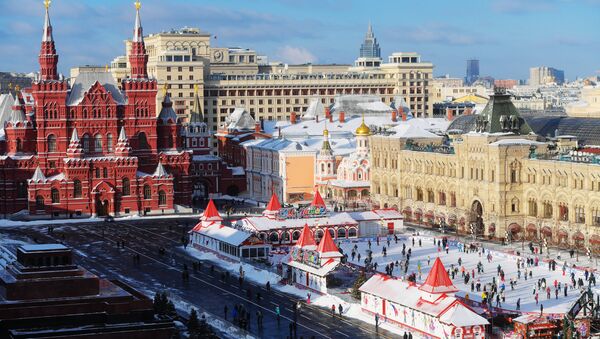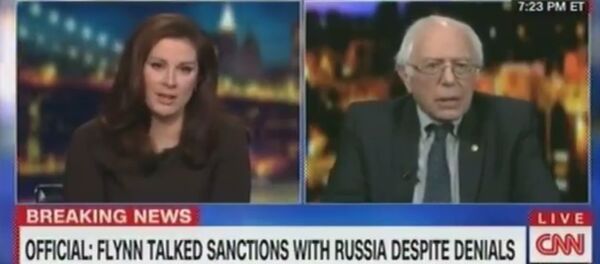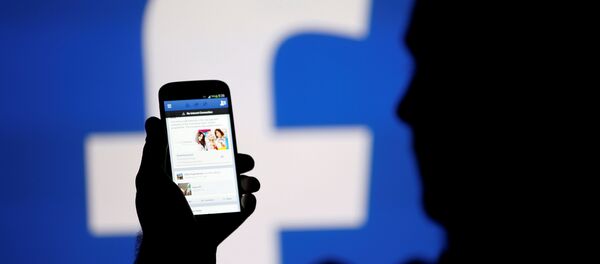Debenedetti specialized in the creation of false accounts in social networks for years. He noted that the West is not actually interested in checking facts, but rather in filtering out the reports it finds disturbing.
"Recently, the Russian government has been accused of having created a special news channel with the purpose of spreading fake news online. But exactly such statements are fake. They are ridiculous because I, for example, only need access to a computer or iPhone to distribute fake news in the Internet. I've been doing this for years, and major media and politicians from all over the world believed my news," Debenedetti told Sputnik Italy.
Earlier, German Facebook launched a trial run of a fake news filtering system for German users of the site, allowing individuals to fact-check and report stories they suspect to be untrue.
Moreover, in November 2016, the European Parliament voted in favor of a resolution, which said that Sputnik and RT posed danger to Europe's unity and called for extra European Commission funding for counter-propaganda projects. It also drew a parallel between Russian media and the propaganda disseminated by Daesh, a jihadist group outlawed in Russia and numerous other states.
Debenedetti believes that such measures are a part of the information war waged against Russia.
"Every day, there is a lot of false news about Putin or Russia. Western journalists believe any news about Russia and do not even think about verifying the information. A few months ago I created a fake Twitter account of Wilbur Ross who was chosen by Trump as the new US Secretary of Commerce. For several days, the US media and even politicians were sure that this account was genuine," Debenedetti said.
"Two well-known journalists wrote me private messages to ask questions about meetings with bankers, who allegedly supported Trump during election campaign. They just wrote to me: ‘Can you confirm this?' Thus, they wanted to confirm their theory that Russia interfered in the American elections, but they didn't even bother to check the accuracy of my account on Twitter," the expert concluded.
The US Intelligence Community earlier claimed that Russia launched an influence campaign in 2016 aimed at undermining public faith in the US democratic process and creating a preference for President Donald Trump.
Russia has repeatedly denied the US allegations calling them absurd and characterizing them as an attempt to divert public opinion from revelations of corruption as well as other pressing domestic issues.




